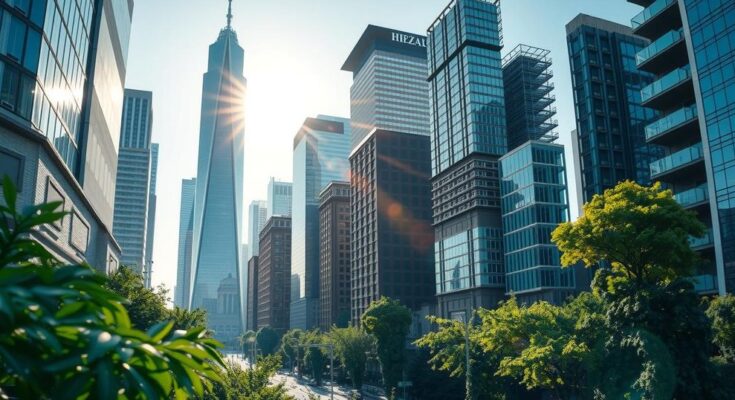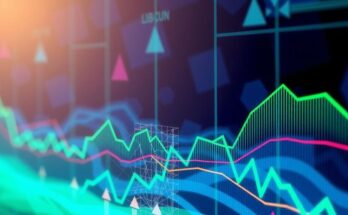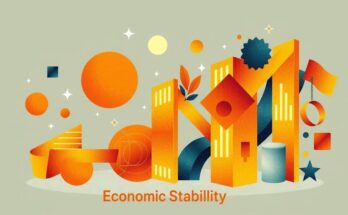Nigerian President Bola Tinubu assured that the nation is progressing towards economic recovery despite a severe cost-of-living crisis. Recent data showed a GDP growth of 3.8 percent in late 2024, with factors like increased minimum wage and government revenue suggesting positive outcomes of recent reforms. However, inflation remains high, affecting many citizens, particularly in Lagos, where rents have surged dramatically.
President Bola Tinubu announced that Nigeria is making significant strides towards economic recovery, despite the ongoing challenges from a severe cost-of-living crisis. The country, having experienced soaring inflation since Tinubu’s withdrawal of the fuel subsidy in 2023 and the transition to a floating naira, is facing its most difficult economic conditions in many years.
While the International Monetary Fund and the Nigerian government assert that such reforms were essential, the repercussions are being felt harshly by the populace. “The past year tested our resolve but through the economic discipline and strategic reform, we achieved what many deemed impossible,” stated Tinubu during the signing of Nigeria’s 2024 budget.
The latest economic data indicates a 3.8 percent growth in Nigeria’s GDP in the last quarter of 2024, marking the strongest growth seen in three years. Tinubu pointed to essential reforms, a minimum wage increase, and augmented government revenues of 21.6 trillion naira for 2024 as indicators that his policies are beginning to bear fruit.
As he approaches the midpoint of his first term, some financial analysts expressed cautious optimism regarding the latest GDP statistics, hinting at possible price stabilization. In December, upon introducing the budget—initially projected at 47.90 trillion naira—Tinubu highlighted macroeconomic stability and security as central objectives of the 2025 fiscal plan.
Areas in Nigeria’s central and northern regions continue to grapple with insurgency challenges, linked to Boko Haram and ISWAP, impacting both economic performance and security. The government anticipates better economic outcomes for 2025, with increased domestic refining and robust agricultural yields potentially reducing import dependencies.
Recent adjustments to the inflation calculation revealed a drop in Nigeria’s official year-on-year inflation rate for January, now at 24.48 percent compared to December’s 34.80 percent. Nevertheless, residents, particularly in Lagos, continue to feel the pressure from escalating costs, with reported rent increases between 100 and 200 percent in some districts, straining household budgets as wages do not reflect equivalent growth in purchasing power.
In summary, President Bola Tinubu’s commitment to economic recovery in Nigeria is evident through recent GDP growth, strategic reforms, and budgetary planning for 2025. Although challenges remain, particularly concerning inflation and living costs, there are signs of possible improvement in Nigeria’s economic landscape. Continued vigilance and policy adjustments will be crucial in navigating the country’s recovery journey.
Original Source: newscentral.africa




